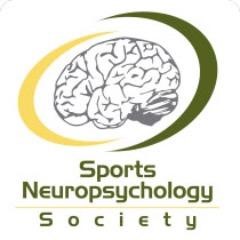Purpose: Recently, the King-Devick (K-D) test (Galetta et al. 2011) and Vestibular/Ocular Motor Screening (VOMS) (Mucha et al., 2014) have demonstrated the ability to detect impairments following concussion. To date, there is limited evidence related to concussion recovery duration and vestibular and ocular measures (Anzalone et al., 2017; Corwin et al., 2014). The purpose of the study was to determine if there is a threshold for clinical concussion tools to identify prolonged recovery (≥21 days) based on initial visit test performance.
Methods: 84 student-athletes (48 males/36 females; 15.2 ± 1.4 years), seen within 7 days of injury, completed the King-Devick test and Vestibular Ocular Motor Screening during their clinical exam following a sport-related concussion. Chi-square test for homogeneity was used to compare group proportions of patients identified as abnormal based on test performance. Significance was set at p < 0.05.
Results: Chi-square test revealed that athletes with a K-D test time of ≥65 seconds were 4.08 times (95% CI, 1.59 to 10.5; p = 0.003) higher odds for prolonged recovery. There were no statistically significant findings for a +2 symptom provocation on the VOMS (p = 0.257) and NPC distance ≥ 5.5 cm (p = 0.491).
Conclusions: Our findings suggest that K-D test times below the 2nd percentile (>64.5s) in healthy athletes (Vartiainen et al., 2014) may be a viable cutoff for identifying prolonged recovery following a sport-related concussion. Future research should determine if these findings remain consistent in collegiate athletes and a larger high school athlete cohort.
Summary Points:
- K-D Test is useful in identifying individuals at higher risk for prolonged recovery following sport-related concussion.
- In this cohort, injured athletes with an initial K-D test performance time of ≥65 seconds were at 4.08 times higher odds for a prolonged recovery.

